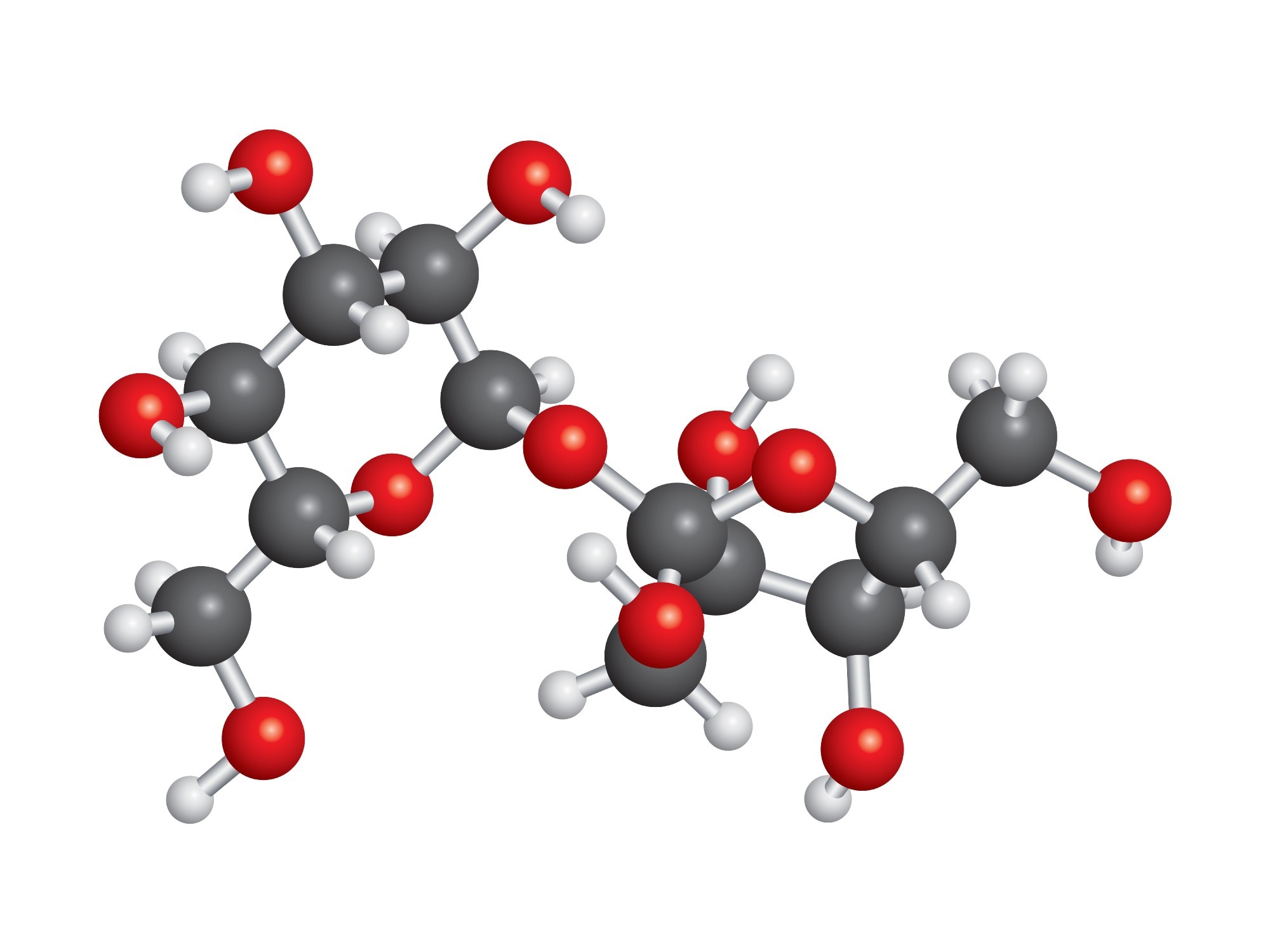Polymers in Building And Construction: Stronger, Lighter in weight, and More Sturdy
Polymers in Building And Construction: Stronger, Lighter in weight, and More Sturdy
Blog Article
Exploring the Varied Applications and Advantages of Polymers in Different Industries
Polymers, with their diverse variety of buildings and functionalities, have actually ended up being essential in different sectors, each enjoying one-of-a-kind take advantage of their application. Polymers. From improving safety and efficiency in the automotive sector to changing clinical tools in the medical care sector, polymers play a crucial function. Their environment-friendly nature is modifying the landscape of sustainability techniques. As we delve right into the midsts of polymers in electronic devices, we uncover cutting-edge developments, while their structural honesty changes the world of building and framework. The prevalent influence of polymers throughout industries is a testament to their flexibility and flexibility, forming the future of many sectors.
Automotive Industry Applications
Polymers play an essential duty in boosting the performance and resilience of numerous components within the auto field. One popular use of polymers in the vehicle industry is in the manufacturing of light-weight components.

Medical Care Market Benefits
In different healthcare applications, the benefits of utilizing polymers are extensively acknowledged for their varied variety of valuable homes. Polymers play a crucial function in the health care sector due to their flexibility, biocompatibility, and cost-effectiveness. One of the key benefits of polymers in medical care is their capability to be customized to details requirements, such as flexibility, toughness, and biodegradability, making them ideal for a vast array of medical applications.
Polymer-based materials are thoroughly made use of in clinical tools, such as catheters, implants, prosthetics, and medicine distribution systems, as a result of their biocompatibility and ability to imitate natural cells. These materials can decrease the risk of allergies or beings rejected, improving client safety and end results. Additionally, polymers are lightweight, making them ideal for wearable medical devices and making sure client comfort.
Additionally, polymers enable the growth of ingenious treatment techniques, such as hydrogels for cells design and nanocomposites for targeted medication delivery. Their simplicity of processing and sanitation makes them vital for preserving high standards of hygiene in medical care setups. Overall, the varied advantages of polymers contribute dramatically to innovations in clinical technology and person treatment.
Environmental Advantages of Polymers

Furthermore, polymers can add to energy savings due to their light-weight nature. In markets such as transportation, light-weight polymer products can assist reduce fuel usage and greenhouse gas discharges. Additionally, polymers can make it possible for the growth of energy-efficient products such as insulation products that improve power preservation in structures.
Moreover, polymers play a critical duty in minimizing water contamination. For instance, using polymer-based filtration systems can effectively get rid of contaminants and contaminants from wastewater, securing water resources and communities. In general, the ecological benefits of polymers make them useful assets in advertising sustainability and environmentally friendly practices across numerous industries.
Polymers in Electronics and Modern Technology
Considering the increasing demand for ingenious and lasting remedies in modern markets, the assimilation of sophisticated polymer technologies in the world of electronic devices and modern technology has become a crucial approach for driving performance and performance. Polymers have revolutionized check it out the electronic devices sector by allowing the manufacturing of lighter, extra flexible, and long lasting digital devices. From mobile phones to medical tools, polymers play a critical role in improving item style and functionality.
One substantial benefit of polymers in electronics is their protecting properties, which help secure delicate digital parts from ecological elements and electrical disturbance. Additionally, polymers are essential in the growth of adaptable displays, wearable technology, and printed electronic devices, using limitless opportunities for creating smart and interconnected tools.
Additionally, using polymers in digital packaging has brought about innovations in miniaturization and thermal monitoring, boosting the general efficiency and dependability of electronic systems. As technology remains to develop, the versatility and adaptability of polymers will undoubtedly drive even more technology in the electronics market, shaping the future of innovation.
Role of Polymers in Building And Construction and Infrastructure
The integration of sophisticated polymer materials in building and facilities jobs has changed the means frameworks are created and constructed in modern-day times. Polymers offer many benefits in the building industry due to their adaptability, resilience, and cost-effectiveness. One key duty of polymers in building and construction is their usage in coverings and sealants, supplying defense against ecological factors such as dampness, UV radiation, and rust. Additionally, polymers are used in see page the manufacturing of lightweight and high-strength composite products, improving the structural honesty of buildings while reducing general weight.
In addition, polymers play an important function in sustainable building methods by making it possible for the development of energy-efficient structures. Insulating products made from polymers aid manage indoor temperatures, reducing the need for heating and cooling systems and eventually lowering power usage - Polymers.
Final Thought
In conclusion, polymers play a vital function in different markets such as automobile, medical care, environmental, electronic devices, and construction. Their versatile properties make them useful in developing cutting-edge solutions and items. From boosting fuel efficiency in cars to boosting medical gadgets, polymers provide various advantages. Additionally, their impact on lowering waste and promoting sustainability highlights their importance in modern-day applications. The widespread use polymers shows their significant payment to advancing modern technology and enhancing top quality of life.
Report this page